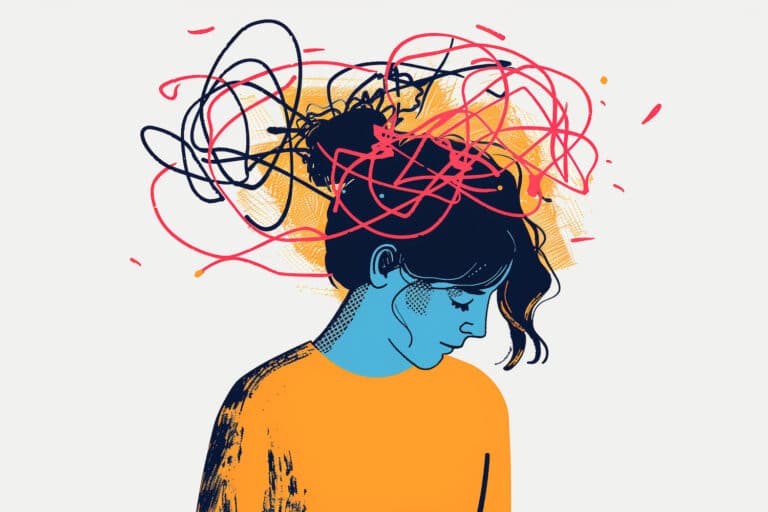Eating disorders are complex psychiatric illnesses with severe medical and psychological consequences that require treatment to ensure recovery and healing.
Family dynamics play a huge role in the recovery and healing of eating disorders. That’s why family involvement in recovery is crucial to success. Among the various treatments available for eating disorders, family-based treatment is often effective. Family therapy for eating disorders gives caregivers the tools they need to positively impact their loved one’s eating disorder recovery and healing.
What Is Family Therapy or Family-Based Treatment?
Family-based treatment (FBT) aims to restore standard eating patterns and nutrition with direct participation and support from families. In FBT, the family plays a crucial role in the treatment process. A treatment team of trained clinicians assists and guides caregivers through the process. The main goal is to empower parents or caregivers to take charge of their loved one’s recovery. This approach is primarily used with adolescents and young adults.
FBT greatly benefits adolescents and young adults suffering from eating disorders because it doesn’t completely disrupt their lives. Unlike in residential or partial hospitalization programs, they can continue living at home, attending school, or working in person (1).
How Can Family Therapy Help in the Treatment of Eating Disorders?
FBT is effective in treating eating disorders such as anorexia nervosa. By involving the family, FBT helps to create a supportive and nurturing environment that promotes recovery. It recognizes that the family can be a valuable resource in assisting individuals to overcome their eating disorders and rebuild a healthy relationship with food. FBT allows the treatment to focus on improving nutrition. Once the individual and their brain are out of starvation, a state that often occurs with eating disorders such as anorexia and bulimia, the individual can think more clearly and begin to make better choices and heal. It also allows the family to act as the eating disorder support system necessary during recovery and beyond (2).
What Are the Phases of Family Therapy?
Family-based treatment consists of the three following phases:
- Phase 1: In this initial phase, caregivers are educated on eating disorders and learn strategies to support their loved one’s recovery. They are encouraged to take control of the individual’s eating and ensure that they are getting adequate nutrition. This process involves meal planning, monitoring, and supervision. This phase will continue until the individual is less supervision-resistant and achieves steady weight gain.
- Phase 2: In this phase, caregivers gradually give control over eating back to their loved ones. They work with the individual to help them develop a healthier relationship with food and learn to make their own meal plans and food choices.
- Phase 3: During this phase, the treatment team supports the family in addressing underlying issues contributing to the eating disorder, such as co-occurring conditions like depression and anxiety. This phase helps individuals manage challenges without using the eating disorder as a coping mechanism (3).
What is the Time Commitment Needed from a Family?
There is a significant commitment in both time and energy from the caregiver or family engaging in family-based treatment. The family is responsible for monitoring every meal and behavior throughout the day. This expectation requires that a caregiver can stay home with their loved one. The amount of time treatment can last may be several months, so time is a huge factor. FBT is most appropriate and effective for families with the capacity and the relationship with their loved ones to carry out their treatment responsibilities and make the time commitment (2).
Renew Your Hope at Magnolia Creek
If you would like to know more about how family therapy or other treatment programs for eating disorders can benefit you or your loved one, fill out our contact form — our team of caring professionals is ready to help.
References
- National Eating Disorders Association (NEDA). (n.d.). Parent toolkit. Retrieved October 8, 2023.
- Sheldon-Dean, H. (2023). Family-based treatment for eating disorders. Child Mind Institute.
- Rienecke, R. D. (2017). Family-based treatment of eating disorders in adolescents: Current insights. Adolescent Health, Medicine and Therapeutics, 8, 69-79.
Author Bio
Kate Delaney Chen, BSN, RN-BC, is a healthcare writer and registered nurse with over 17 years of bedside experience. She specializes in Psychiatric Nursing and Nephrology and works at a nationally recognized Inpatient Eating Disorders Program.




